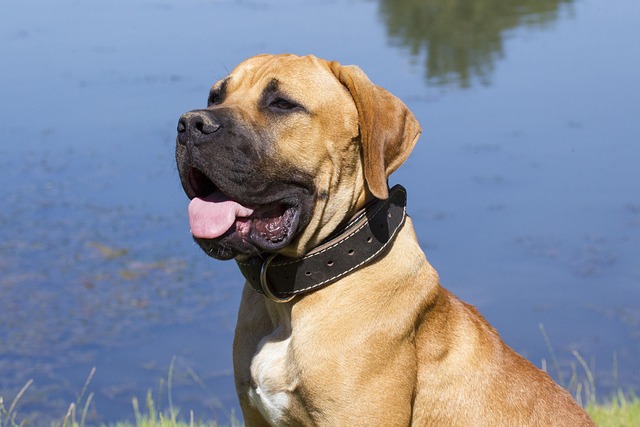
What is glaucoma in a dog?
You might notice your dog squinting more at mealtime or avoiding bright sunlight—these small changes could be early signs of a serious eye condition.
It’s a scenario many new dog owners know too well: you’re mid-morning walk, and suddenly your pup squats more than usual—their stool loose, almost liquid. Or maybe you step into the kitchen to find a messy surprise on the floor, your dog looking sheepish beside it. Digestive upsets can throw even the most prepared pet parent off balance, but staying calm and acting strategically makes all the difference.
First, let’s break down why it might happen. Dogs, especially curious puppies, are prone to nibbling on things they shouldn’t—think last night’s leftover pizza from the trash or a handful of unripe berries from the backyard. Sudden diet changes, like switching kibble brands overnight, can also jolt their sensitive stomachs. Stress plays a role too: a new home, a visit to the groomer, or even a storm can trigger digestive chaos. Their guts are like little alarm systems, reacting to what’s out of balance.
 So, what’s the first step? Start with a short fast. Hold off on food for 12 to 24 hours—this gives their stomach a chance to settle. But never withhold water. Dehydration is a bigger risk than hunger, so keep a fresh bowl out, maybe add a splash of low-sodium chicken broth to encourage sipping. After the fast, reintroduce food slowly with something gentle: boiled chicken (no salt, no skin) and plain white rice work wonders. Serve small portions, 3 to 4 times a day, and watch how they handle it.
So, what’s the first step? Start with a short fast. Hold off on food for 12 to 24 hours—this gives their stomach a chance to settle. But never withhold water. Dehydration is a bigger risk than hunger, so keep a fresh bowl out, maybe add a splash of low-sodium chicken broth to encourage sipping. After the fast, reintroduce food slowly with something gentle: boiled chicken (no salt, no skin) and plain white rice work wonders. Serve small portions, 3 to 4 times a day, and watch how they handle it.
When should you worry? If diarrhea lasts more than 24 hours, or if you see blood, mucus, or your dog acting lethargic—these are red flags. Call your vet immediately. Avoid the urge to use human meds like Imodium; some can be toxic to dogs, and self-medicating might mask a bigger issue, like parasites or infection.
In apartment settings, stay on top of cleanup with enzymatic cleaners—they break down messes better than regular soap, keeping your space (and your neighbor’s nose) happy. And remember: scolding your dog for accidents only adds stress. They don’t understand “bad behavior” here—they’re just feeling lousy. A calm voice and extra cuddles go much further.
Most cases clear up with rest and gentle food, but staying alert is key. Your pup can’t tell you what hurts, so it’s up to you to spot the signs. With a little patience and common sense, you’ll both be back to your usual walks and playtime in no time.

You might notice your dog squinting more at mealtime or avoiding bright sunlight—these small changes could be early signs of a serious eye condition.

Let’s set the scene: It’s a sweltering Phoenix afternoon—105°F outside—and you rushed your 2-year-old Lab mix, Cooper, on a quick walk to “get it over with.”

Let’s get real: You’re in your Miami apartment, watching your 3-year-old Corgi, Loki, struggle to climb the stairs to your second-floor unit.

Many dog owners brush off occasional scratching as just “dog behavior,” but persistent itching often signals something more—like a food allergy.

You might first notice your dog scratching more than usual—chewing at their paws until the fur looks thin, or rubbing their face against the couch nonstop.

Let’s be real: You’re standing in your Chicago apartment, watching your 3-year-old Beagle, Max, huff and puff just to climb onto the couch.